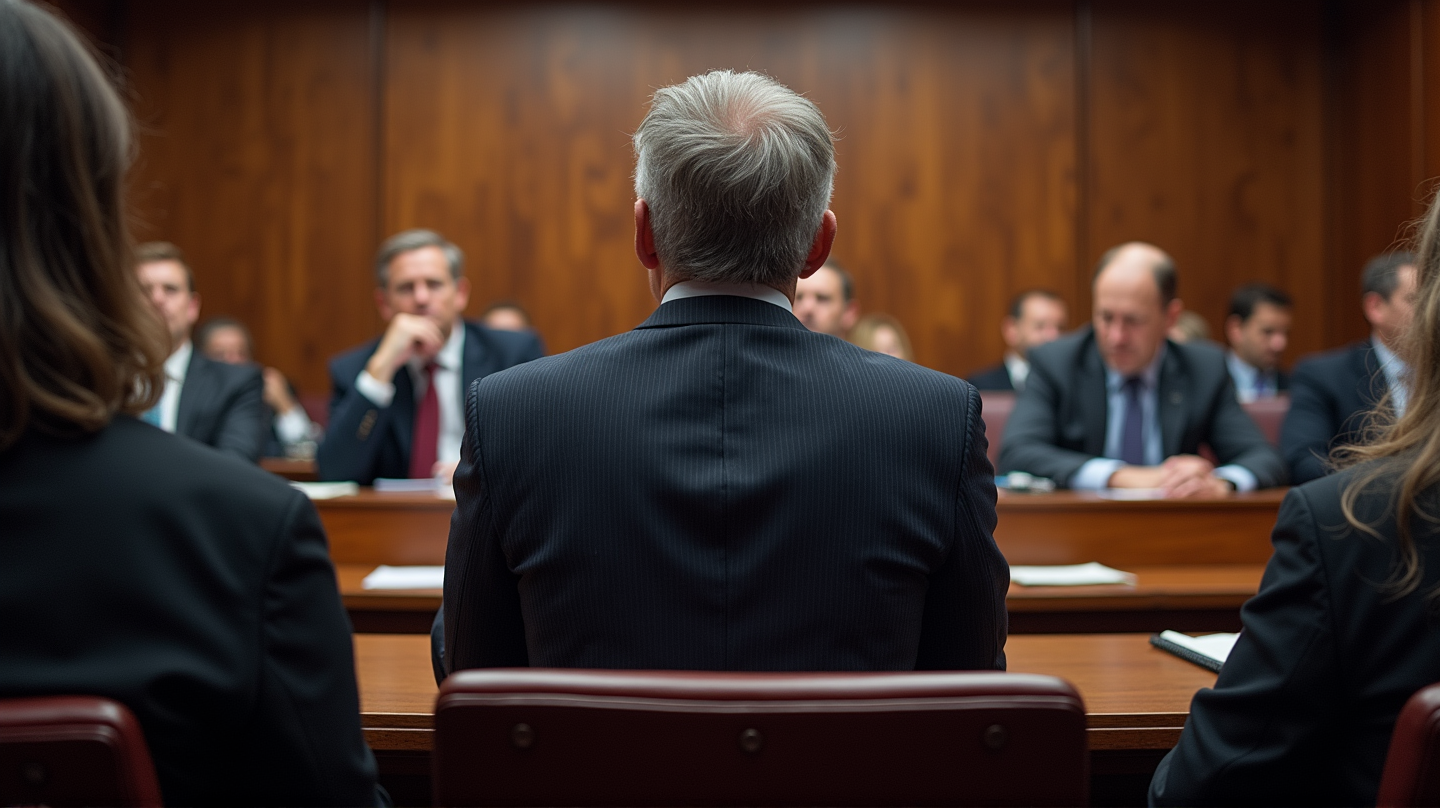In a whirlwind of controversy, Cudahy’s Vice Mayor Cynthia Gonzalez finds herself at the epicenter of national attention. A social media video, which she later removed, has sparked intense discourse after Gonzalez appeared to call on street gangs to oppose federal immigration enforcement operations, labeling federal agents as the “biggest gang.” This viral post marked a pivotal moment, leading to her absence at Tuesday’s anticipated city council meeting.
The Viral Video
The infamous video that led to this chaos openly spoke to street gangs like 18th Street and Florencia 13, urging them to protect their turf. “Where are the Cholos?” she asked rhetorically, pointing out their silence amidst federal activities. The video suggested a confrontation with immigration agents, framing them as adversaries in local neighborhoods.
National Ripple Effect
The video quickly caught the attention of national law enforcement bodies and advocacy groups. The LA Police Protective League was swift in its condemnation, seeking federal investigation into Gonzalez’s comments, while the Department of Homeland Security openly branded the remarks as “despicable.” The call for Gonzalez’s resignation reverberated across social media, sparking public debates on the appropriateness of her actions.
A Legal Defense and Public Statements
Amidst growing pressure, Gonzalez’s attorney, Damian Martinez, clarified that her client’s statements were merely an encouragement for community expression under the First Amendment. Martinez emphasized that Gonzalez’s intentions were misconstrued and in no way advocated for violence.
Political and Public Reactions
While Cudahy’s city council was poised to discuss potential actions regarding the video, the tension hanging in the air was palpable. According to NBC Los Angeles, the city of Cudahy is yet to decisively respond, leaving the public and local officials in suspense over possible repercussions for Gonzalez.
Community Divided
As the story unfolds, individuals and advocacy groups are divided. Some view Gonzalez’s words as an appeal for community defense and solidarity, while others argue it undermines law and order, presenting a dangerous precedent in civic leadership.
The stark divide in reactions highlights the broader national conversations on immigration, community protection, and the role of public officials in activism. The roads ahead for Cudahy, and indeed for Gonzalez herself, remain uncertain as the city navigates these tumultuous waters. Amidst all, Southern California watches, aware that this local issue has transcended into a national dialogue, reflective of deeper societal divides.
